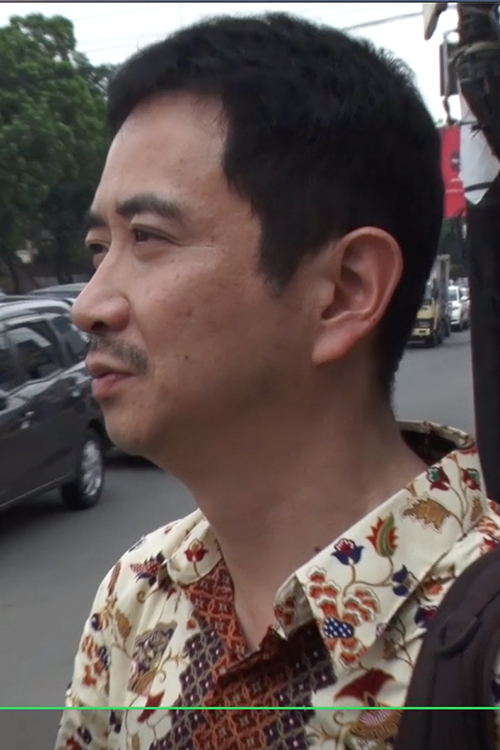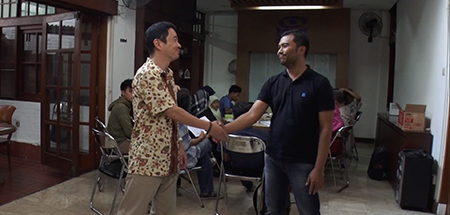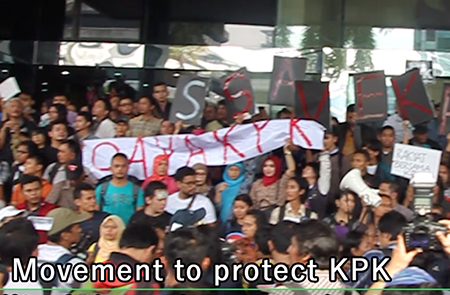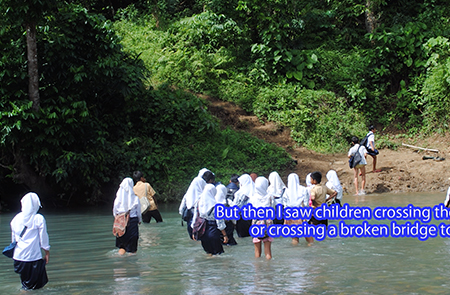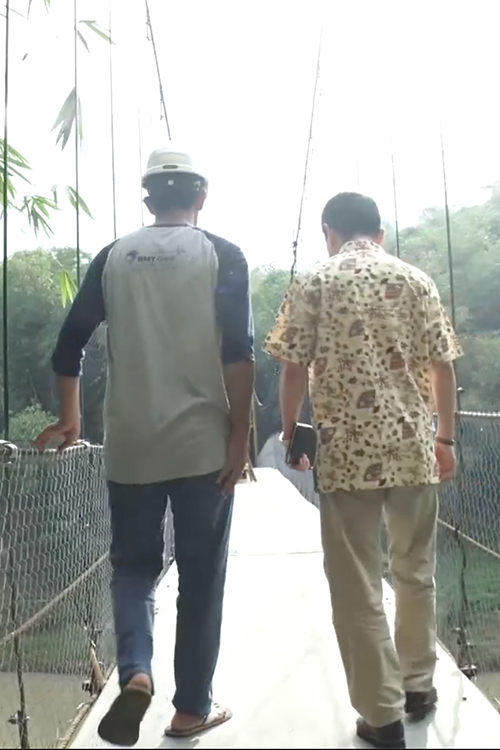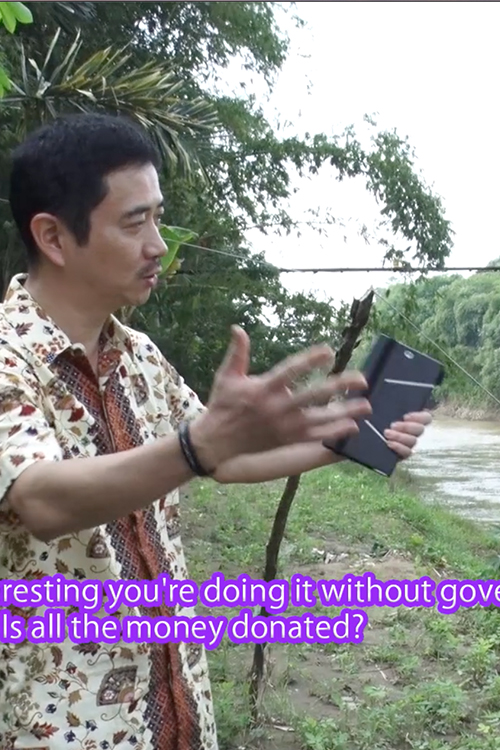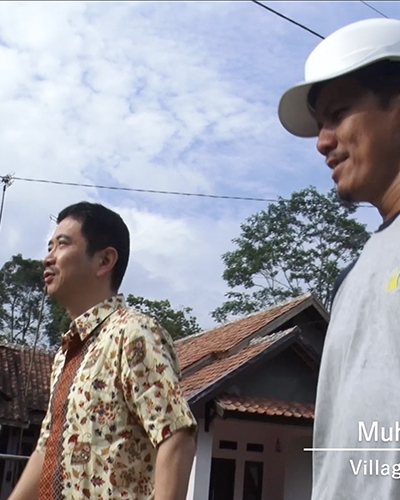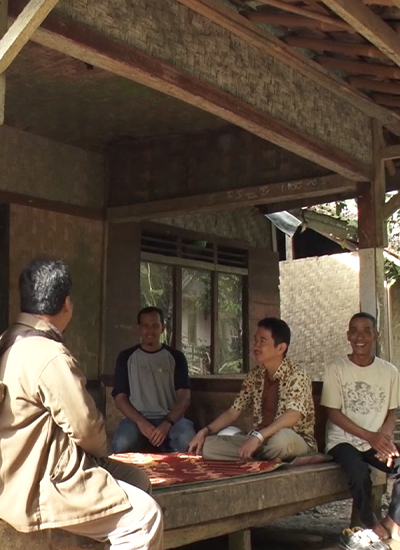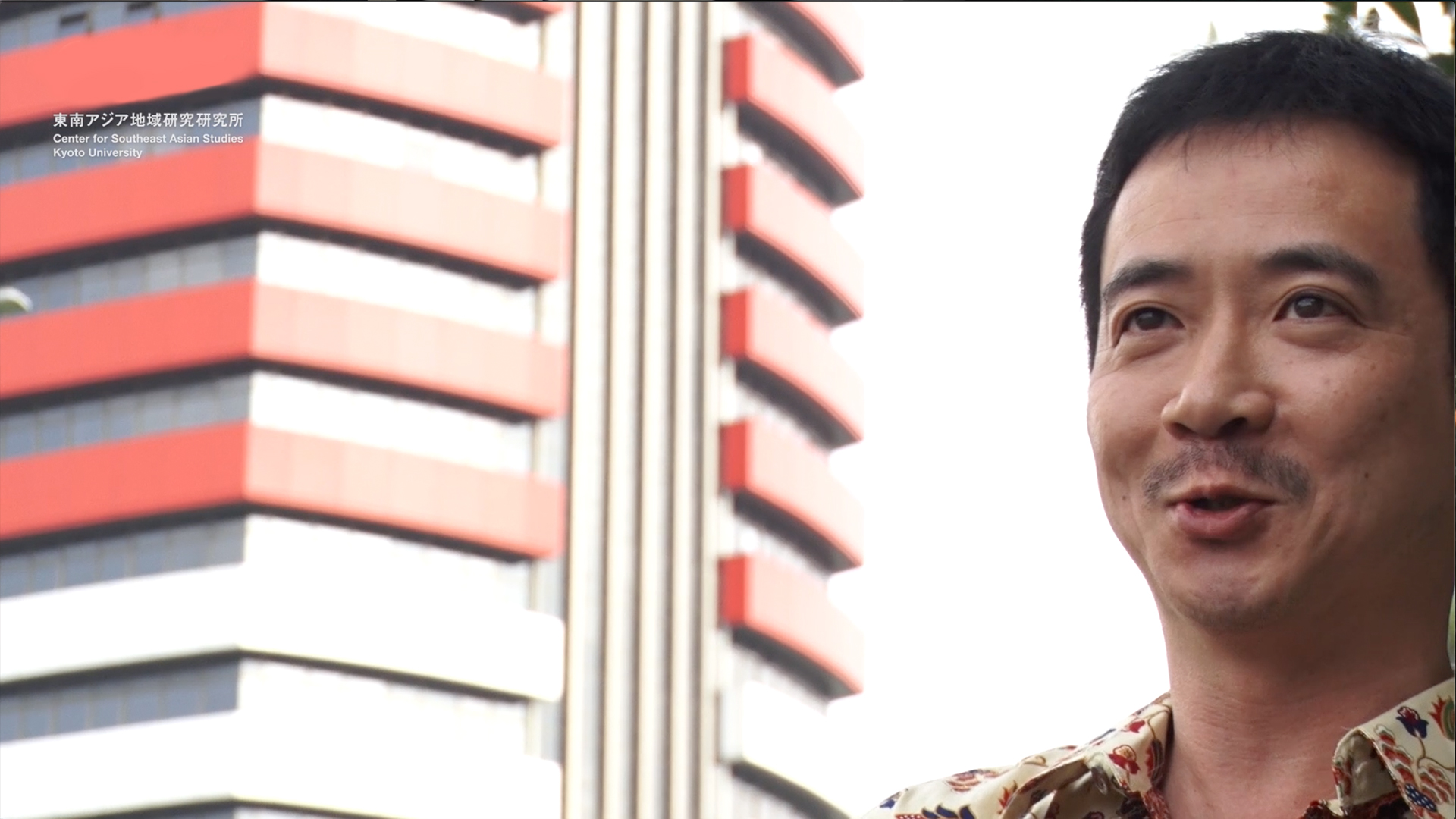Indonesia has struggled with widespread corruption throughout the 32 years of Suharto’s authoritarian regime and continuing into the democratic regime that began in 1998. At least, this is the general consensus among those studying the country. Unfortunately, this consensus has not changed, despite nearly 20 years since Indonesia’s first steps toward democratization and decentralization. The prevailing view is that Indonesia’s political system is an oligarchy (see note), with a small group of powerful people controlling politics and the economy. Given this context, the very existence of the Corruption Eradication Commission (KPK) discussed in this video was remarkable. The Commission was established by law in 2002 and began functioning from 2003, gradually becoming a presence to be reckoned with. As can be seen in the video, the Commission had rigorously pursued and arrested on corruption charges various ministers, politicians, regional heads of state, and central and local bureaucrats.
Common sense would seem to dictate that such an organization threatening the interests of politicians and high-level bureaucrats at the core of the ruling oligarchy would never be allowed to exist. In fact, politicians and the police have tried by various means to dismantle or weaken this organization. Despite their efforts, however, up to 2019 the Commission succeeded in retaining an authority similar to that of police and prosecutor combined. There are thought to be two reasons for this. One reason, as pointed out in this video, are the activities of members of civil society against corruption. These include NGOs in both Jakarta and outlying areas whose anti-corruption activities helped to shore up the Commission whenever it seemed on the verge of faltering. The second reason is that the Commission for a certain duration had the president’s unwavering support. From the time of its founding to 2019, the Commission was able to rebuff attempts to weaken its mandate, in part due to the support of Susilo Bambang Yudhoyono and Joko Widodo (popularly known as Jokowi), who both became president of Indonesia through direct elections.
Unfortunately, very soon after the filming of this video, the Corruption Eradication Commission was undermined in one fell swoop. Although President Jokowi, who was re-elected president in April 2019, voiced strong support for the Commission, a bill curtailing the Commission’s powers was passed in a plenary session of the Parliament (DPR) in September 2019, just before Jokowi began his second term. The new law created an oversight organization that has curtailed the Commission’s activities in several ways, such as by requiring the Commission to get prior permission for wiretapping suspects.
The new law was passed quite forcefully on September 17, 2019, just two weeks before the terms of the DPR members who took their seats in 2014, the same year Jokowi was voted to his first term as president, were going to end on September 30, 2019. As this abruptness suggests, the legislature was eager to rein in the Commission’s authority. Despite the uproar this caused among students and others of Indonesia’s civil society, Jokowi’s second administration accepted the revision of the Commission law. Jokowi was probably unable to withstand the demands to weaken the Commission made by the politicians and businessmen who had supported his election to a second term. Additionally, he also feared that tougher corruption controls would slow the pace of Indonesia’s economic growth.
This tells us that, unfortunately, anti-corruption movements within civil society are not sufficient in and of themselves but also require the support of political leaders. And one more important point is that, like the activist at the end of the video, efforts for long-term social transformation are essential and most effective in achieving a society with less corruption.
NOTE: There are two views regarding the oligarchy in Indonesia. One is that the oligarchy is made up of a small group of people who enjoyed political and economic power during the authoritarian regime and who retained that power after democratization, bringing in others to join them along the way (Robison and Hadiz 2004). The other view is that Indonesia’s political system, whether authoritarian or democratic, has always been controlled by a very few wealthy individuals (Winters 2011).
